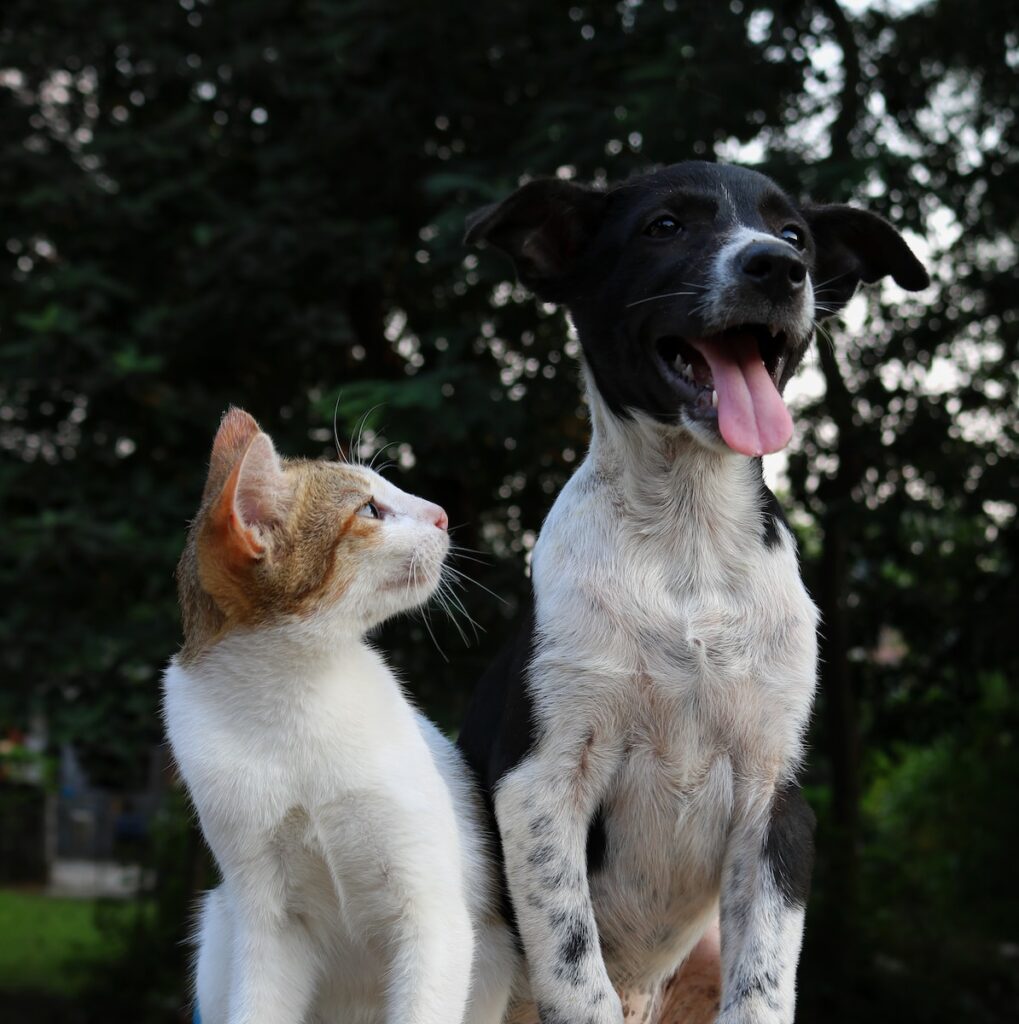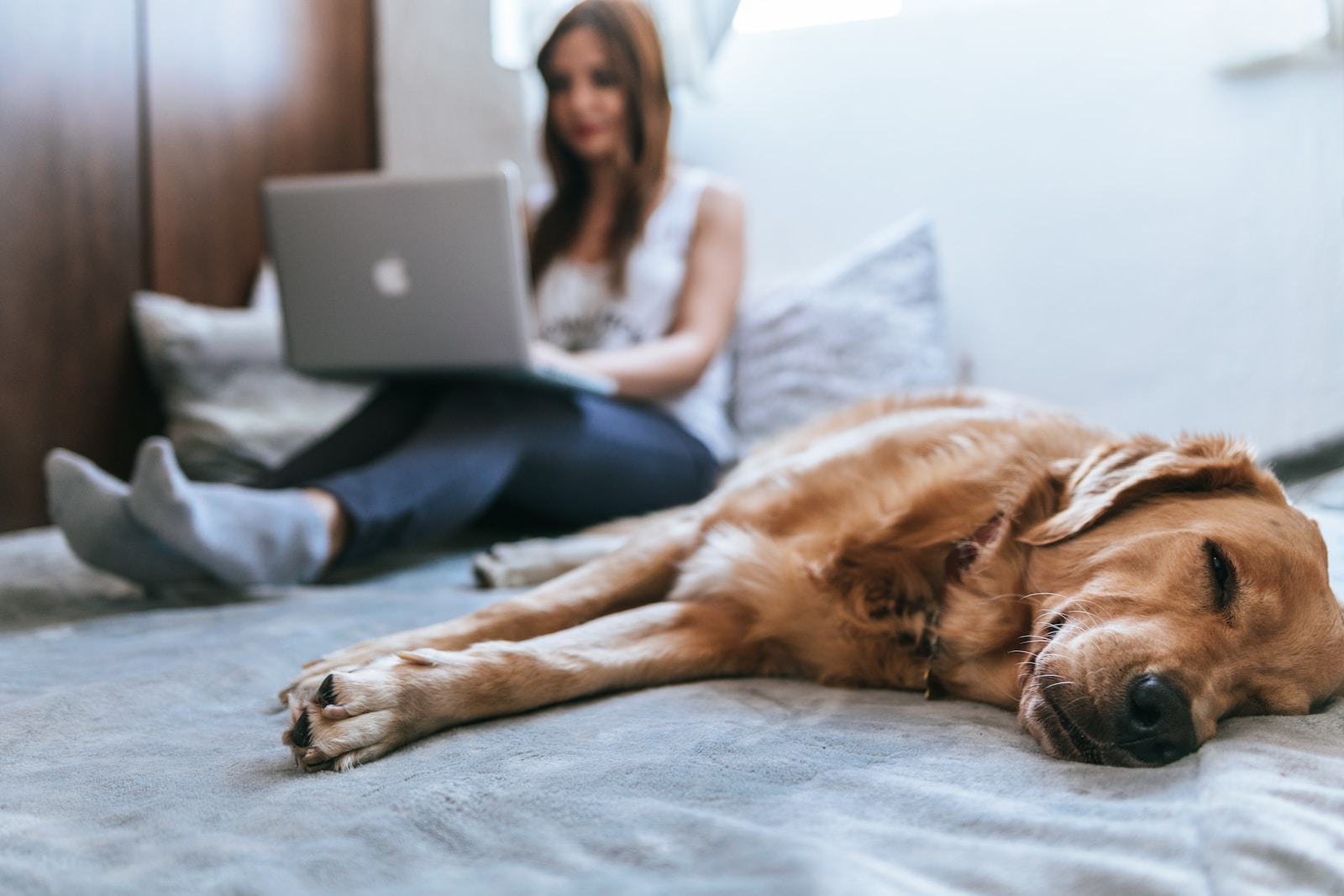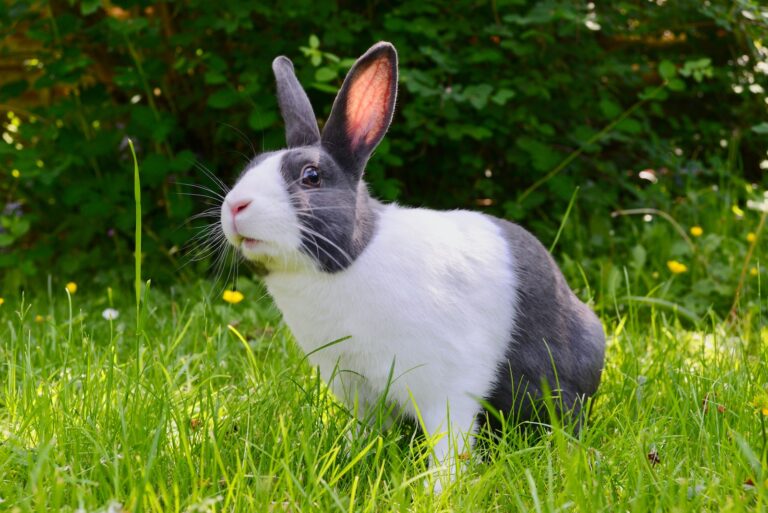The Importance of Socializing Your Puppy: A Guide for New Pet Parents
Congratulations on your new furry family member! Becoming a pet parent is an exciting and fulfilling experience, but it also comes with its fair share of responsibilities. One crucial aspect of raising a happy and healthy puppy is socialization. It’s not enough to simply feed them, give them shelter, and play with them; puppies need positive exposure to the world around them.
In this guide for new pet parents, we’ll explore why socializing your puppy is so important and provide practical tips for making it a fun and enriching experience for both you and your pup. So grab some treats, put on their leash, and let’s get started!
Introduction: Overview of the Benefits of Puppy Socialization
Puppy socialization is one of the most important things you can do for your new pet. It’s a critical period in their development when they learn to interact with other dogs and people. Socialization can help your puppy grow into a well-adjusted, friendly adult dog who enjoys being around people and other animals.
There are many benefits to puppy socialization, including:
1] It helps your puppy learn how to interact with other dogs and people.
2] It can prevent behavior problems from developing later in life.
3] It helps your puppy grow into a confident, well-adjusted dog.
4] It makes your puppy’s transition into your home and family much easier.
5] It’s simply fun for both you and your puppy!
Understanding Your Puppy’s Development Stage and the Imprortance of Socialization
Puppies go through several development stages in their first few months of life. Socialization is important during all of these stages, as it helps puppies learn how to interact with other dogs and people.
The first stage of puppy development is the neonatal stage, which lasts from birth to two weeks of age. Puppies in this stage are still learning how to nurse and crawl, so they are not yet able to socialize.
The next stage is the transitional stage, which lasts from two weeks to four weeks of age. Puppies in this stage are starting to move around more and explore their surroundings. They may be hesitant to approach new people or dogs, but it is important to expose them to different situations so they can learn about different aspects of the world around them.
The third stage is the socialization stage, which lasts from four weeks to 16 weeks of age. This is the most critical period for socialization, as puppies in this stage are starting to form attachments and fearful reactions. It is important that puppies have positive experiences during this time so they do not develop any Fear Periods later on in life.
After the socialization stage, puppies enter into the juvenile stage, which lasts until they reach adulthood at around one year of age. During this time, puppies will start to become more independent and less receptive to new experiences. However, it is still important to continue socializing them during this time so they maintain their confidence and remain well
How to Properly Introduce Your Puppy to Other Dogs and People

Introducing your puppy to other dogs and people is an important part of socialization. Proper socialization will help your puppy learn how to interact with other dogs and people in a way that is appropriate and safe. Here are some tips for properly introducing your puppy to other dogs and people:
1] Choose the right time and place: When introducing your puppy to other dogs, make sure to choose a time and place where there won’t be too many distractions. A park or beach where there are plenty of other dog owners around is a good choice. Avoid crowded places like pet stores or Dog parks where your puppy may feel overwhelmed.
2] Go slowly: When you first introduce your puppy to another dog, go slowly and let them approach each other at their own pace. Allow them to sniff each other and get acquainted with each other before you start playing with them.
3] Be positive: It’s important to be positive when introducing your puppy to other dogs and people. Give them lots of praise and treats when they meet someone new, so they associate meeting new people with something positive.
4] Supervise playtime: When your puppy is playing with another dog, it’s important to supervise so that things don’t get too rough. Puppies often play too hard without realizing it, so it’s up to you to make sure things stay calm and safe.
5] End on a good note: Make sure the first few times your puppy meets other dogs and people they end on a good note. If things start to get too chaotic, it’s important to move on and end the experience so your puppy doesn’t become overwhelmed or afraid.
By following these tips, you can help ensure that your puppy has positive experiences when meeting new people and other dogs. With proper socialization, your puppy will learn how to interact with other animals and people in an appropriate manner.
Setting Up a Positive Training Environment for Your Puppy
A871-05 Puppy Socialization
The Importance of Socializing Your Puppy: A Guide for New Pet Parents
Setting up a positive training environment for your puppy is crucial to their development. It will allow them to build confidence and trust in you as their owner, and prevent them from developing behavioral issues later on in life.
Here are some tips on how to create a positive training environment for your puppy:
1] Be consistent with your commands. Inconsistent commands will only confuse your puppy and make it harder for them to learn.
2] Make sure your commands are clear and concise. Ambiguous commands will only frustrate your puppy and lead to misbehavior.
3] Be patient with your puppy. They are still learning and it will take time for them to master the commands you are teaching them. Do not get frustrated or angry if they make mistakes, just calmly correct them and praise them when they do something right.
4] Use positive reinforcement techniques such as treats or verbal praise when training your puppy. This will help them associate good behavior with rewards, making it more likely that they will repeat the desired behavior.
5] Never punish your puppy physically or verbally for making mistakes while learning. This will only create fear and mistrust, and could lead to serious behavioral problems down the road .
These tips will help ensure that you create a positive training environment for your puppy, building trust and confidence while also helping them learn the commands you are teaching them. With patience and consistency, your puppy will be able to master the commands in no time!
What to Look For When Choosing a Dog Trainer
When you’re looking for a dog trainer, it’s important to find someone who is experienced and qualified. You’ll want to look for a trainer who uses positive reinforcement methods, as these have been proven to be the most effective.
It’s also important to find a trainer who is a good fit for you and your dog’s personality. You should feel comfortable with the trainer and confident in their ability to help your dog learn.
Tips for Keeping Your Dog Well Socialized in Adulthood
As your dog enters adulthood, it is important to continue to socialize them in order to keep them well-rounded and happy. Here are a few tips for keeping your dog well socialized in adulthood:
1] Take them to the park or on walks regularly – this will help them stay active and engaged with their surroundings.
2] Enroll them in group training classes – these classes provide an opportunity for your dog to interact with other dogs and people in a controlled environment.
3] Make sure they get plenty of one-on-one time with you – this will help them feel loved and secure, and prevent them from feeling isolated or anxious.
4] Attend doggy meetups or playdates – these events give your dog a chance to socialize with other dogs in a positive setting.
5] Give them ample time to adjust to new situations – when introducing your dog to new people or environments, go slowly and let them take things at their own pace. This will help reduce stress and anxiety levels.
Conclusion
Taking the time to properly socialize your puppy is incredibly important for their overall well-being and will pay dividends over the years as they grow. Careful, patient, and positive attention can help ensure that you have a happy, healthy dog who is comfortable in any situation.
With persistence and repetition, puppies can learn how to respond appropriately when around other animals and people while developing their emotional resilience too. So don’t forget to make sure that your pup has plenty of social interactions on a regular basis – it really does make all the difference!







